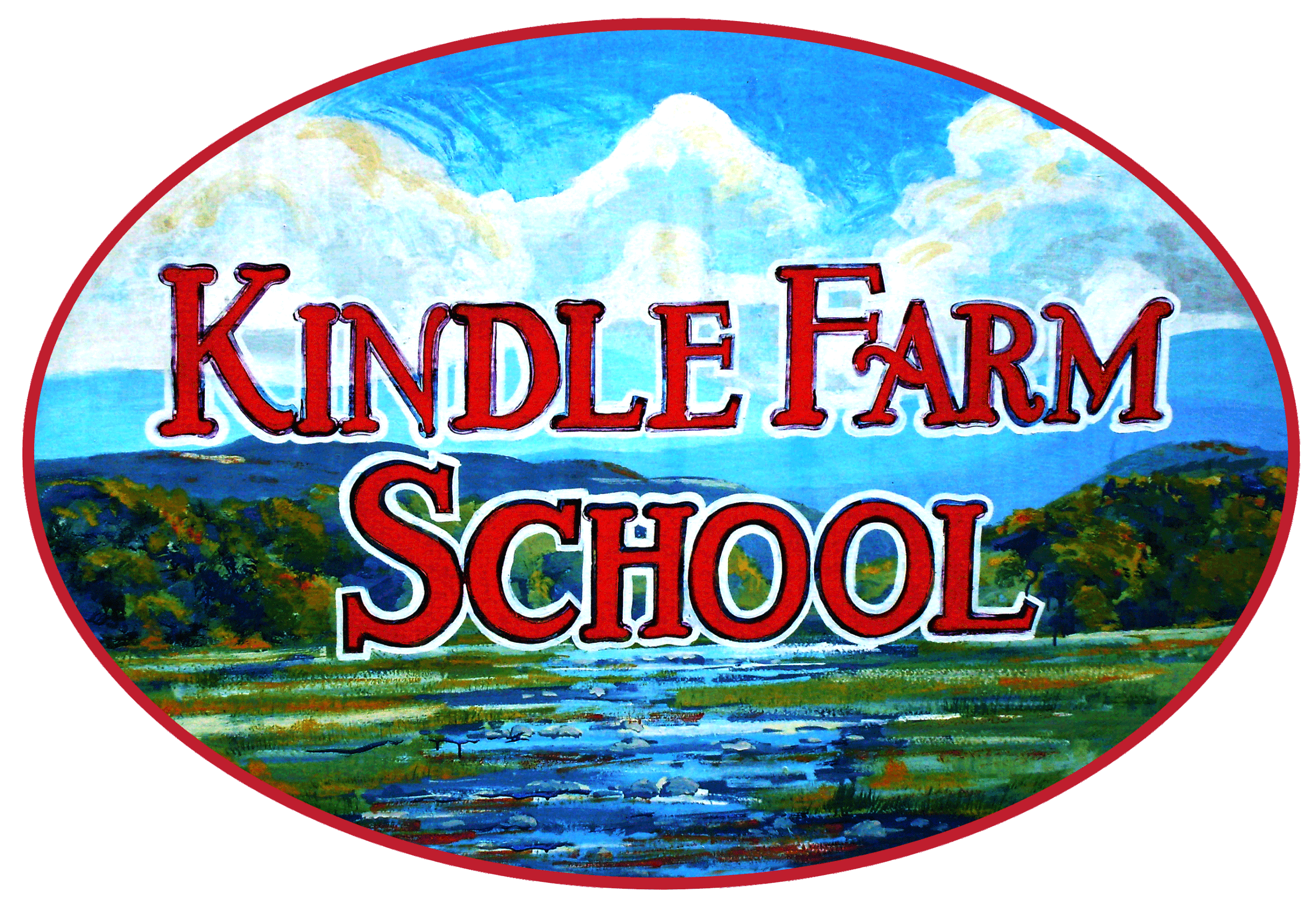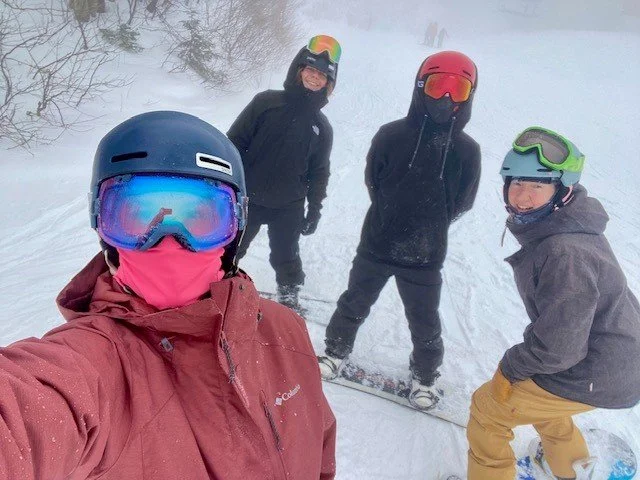The Clinical Team: The power of the team
This winter, the clinical team has focused on connecting with students and families, engaging with Kindle Farm teams, and bringing more clinical support and perspectives to staff. Our goal has been to be involved in and support all students here at Kindle Farm. Currently, we see students individually, weekly for therapy, and for other clinical support. We are involved with students who are not clients of HCRS in many different ways, including helping to connect students and families to outside resources, and supporting students with further assessments. These may include crisis evaluations or further outreach and support to families.
One of the beautiful benefits of school-based clinical work at Kindle Farm is the strength of the team and our relationship with the students. This winter, we have been focusing on teaming. With a new meeting structure, our team can participate more fully in all weekly program meetings. This helps give a clinical lens to the discussions. It also gives opportunities for some deeper dives into family and outside stressors and obstacles. In much of our work, we have been bringing staff and BIs into the sessions to connect with the students around their goals and explore tools to help support their goals. This offers a unique continuum. Staff can help students continue working through their day as challenges come up. It also gives staff more insight into other stressors or struggles that may impact on their day, ultimately expanding both their toolboxes and the students’.
We have also added more training for staff this winter along with opportunities for us to collaborate with HCRS and other outside clinical professionals. Melissa Langill, HCRS Area Manager, met with our Outback staff to talk about substance use and the harm reduction model to help hold space for difficult conversations around substance use. As part of our upcoming professional development day, Gregg Stoller, our BCBA consultant, and our clinical team will be helping facilitate training and discussion around transference and countertransference. We will explore the connection between self-awareness and the therapeutic relationship. In March, our team is exploring an outside trainer to meet with our team on DBT (Dialectical Behavior therapy) skills in school. This will further advance our tools to help expand emotional regulation skills for our younger campus.
With all the varying ways we have been working on teaming this winter, the best way has been through fun activities, deepening the relationships we share with both teams and students. This winter, we have been having fun and staying engaged with students and staff in various ways, including running afternoon activities from Dog Days and Running Group to Pickle Ball group and health class, and, of course, weekly snowboarding at Stratton!


